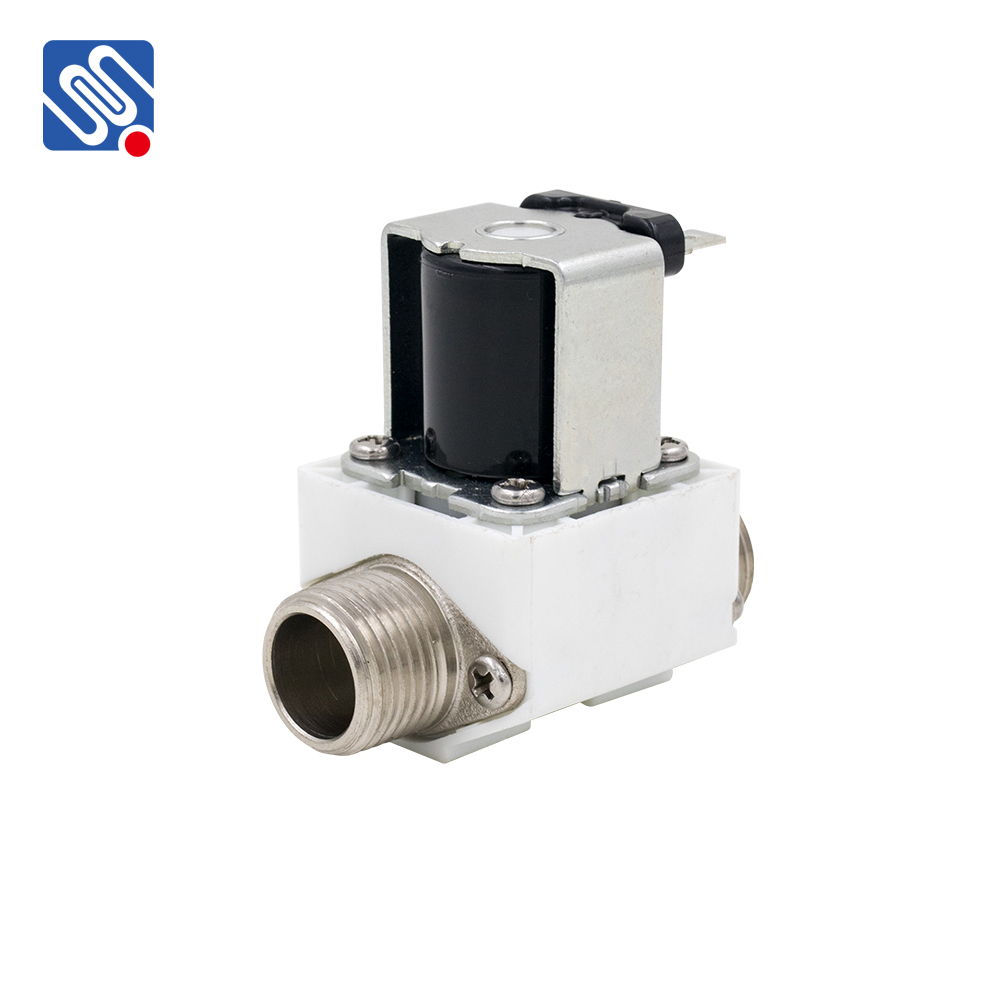A High Flow Solenoid Valve is an essential component in a variety of industrial applications, offering reliable and efficient control of fluid and gas flow. These valves are designed to handle large volumes of fluids or gases, making them ideal for industries requiring high flow rates, such as manufacturing, chemical processing, water treatment, and HVAC systems. The versatility and performance of high flow solenoid valves are increasingly making them an indispensable part of modern fluid control systems. This article explores the key features, applications, and benefits of high flow solenoid valves, highlighting their importance in improving operational efficiency.

What is a High Flow Solenoid Valve? A solenoid valve is an electromechanical valve used to control the flow of fluids or gases. It operates through an electric current that energizes a solenoid coil, which in turn activates a plunger that opens or closes the valve. The term “high flow” refers to valves designed with larger ports and flow capacity than standard solenoid valves, allowing them to manage higher volumes of fluid or gas without sacrificing performance. High flow solenoid valves typically operate in systems where maintaining large, consistent flow rates is critical. They are available in a range of sizes, materials, and configurations to meet the needs of specific industries and applications. Commonly used for on/off control, they can regulate the flow of various fluids, including water, air, oil, and chemicals, depending on the valve’s construction and design specifications.
Leave a Reply